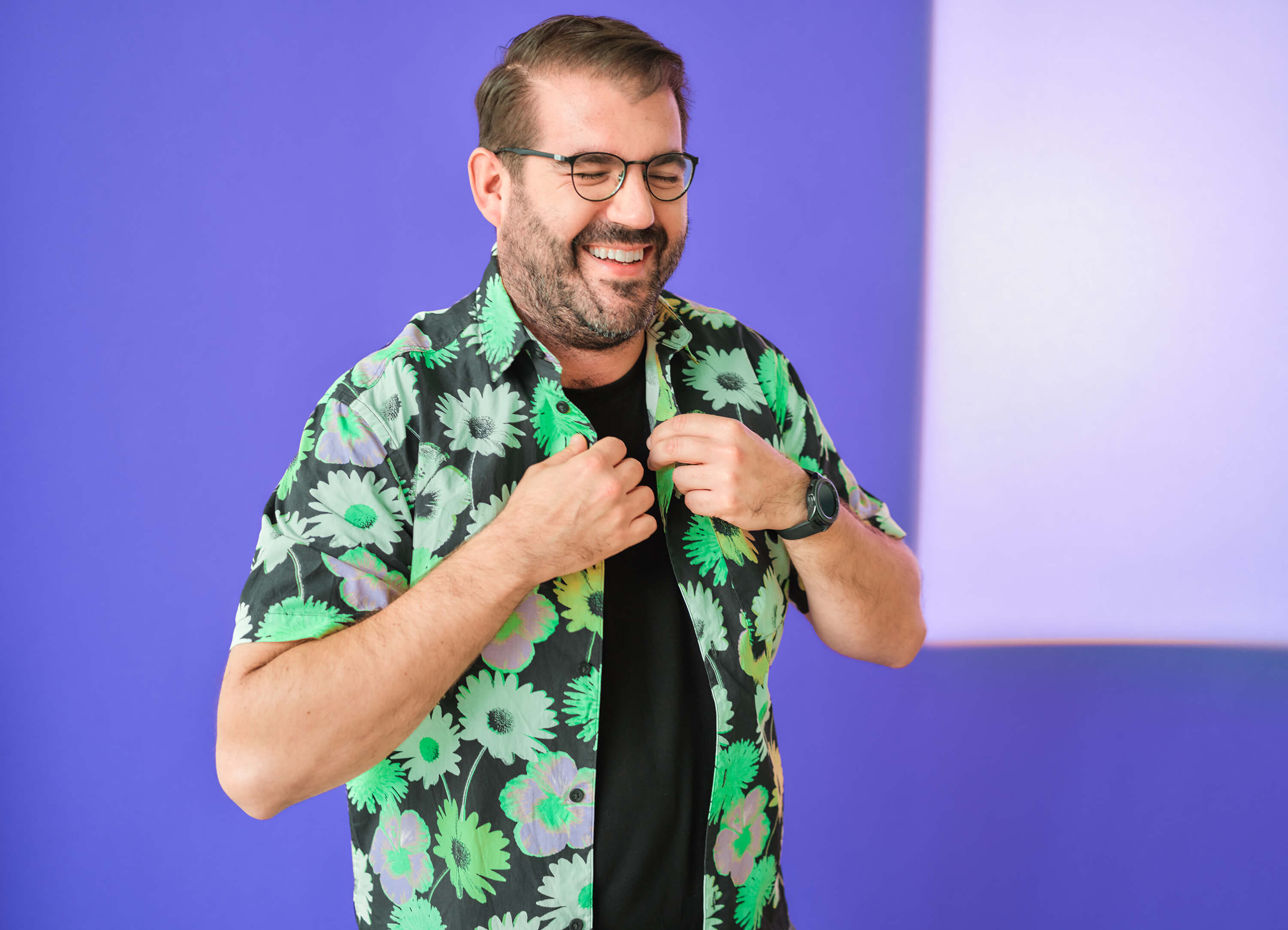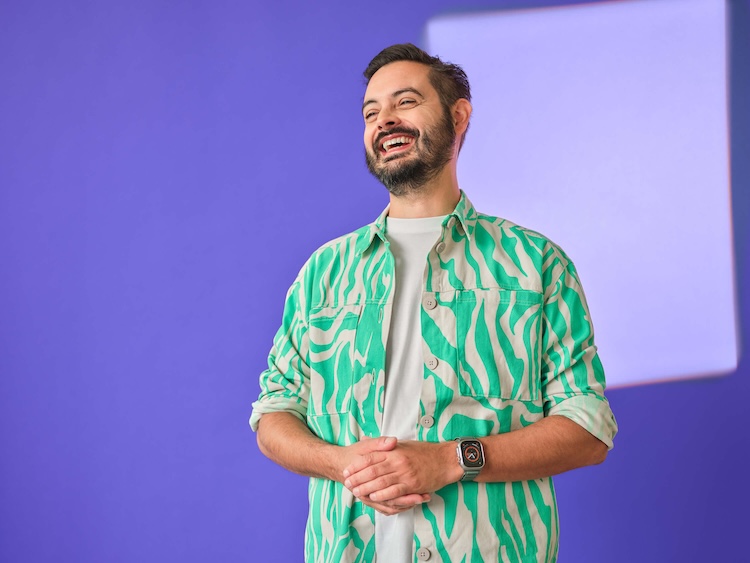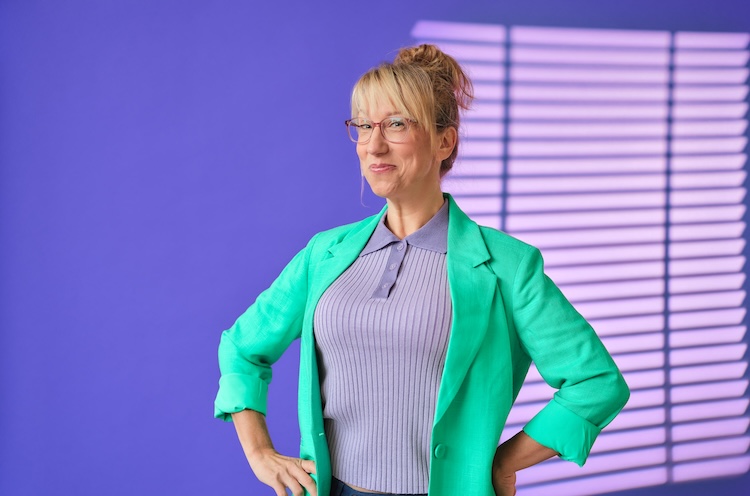In the Netherlands, a mortgage loan is secured through a mortgage deed, or "hypotheekakte" in Dutch. This legal document is a crucial part of the home buying process and outlines the terms and conditions of the mortgage agreement between the borrower and the lender.

What is a mortgage deed?
A mortgage deed is a document prepared and signed by a notary. It is the official declaration by a mortgage lender (usually the bank) stating they have granted a mortgage to buy a house. The deed specifies all the mortgage details, such as how much money you borrow, how much you have to repay, the interest rate, and the duration of the loan. The mortgage lender dictates the contents of the mortgage deed with a model contract. The contract is usually adapted according to your requirements. Finally, the notary receives the details from the bank or intermediary and prepares the deed.
How is the mortgage deed drawn up?
To get a mortgage deed, you need a notary. The notary will review the mortgage deed with you before the transfer. After this, you, the notary, and the lender sign the agreement. This is called passing the mortgage deed. Often, someone from the notary's office is present to sign on behalf of the lender. After signing, the notary registers the mortgage deed at the Mortgage Register of Het Kadaster.
What does the mortgage deed say?
The deed contains your details, information about the house, and details about the mortgage, for example:
- details of the property serving as collateral
- name of the lender/bank
- name of the notary
- interest rate;
- any compulsory insurance
- mortgage type (e.g., annuity or linear mortgage)
- mortgage conditions
- the mortgage amount registered.
What are the costs of a mortgage deed at the notary?
A notary often prepares two deeds when buying a property. One is the deed of transfer, and the other one is the mortgage deed. You generally pay for the mortgage deed and the deed of delivery combined. You can expect to pay between €1000 and €1500. The cost of a separate mortgage deed amounts to several hundred euros. Usually, you have to pay the buyer all the notary fees required for the transfer, but sometimes the seller (partially) covers these costs. This is almost always the case with new-build properties.
Is a mortgage deed compulsory?
Yes, it is mandatory to have a mortgage deed if you buy a house in the Netherlands. The deed proves that you have provided a mortgage to buy the house. The document is also essential for managing the mortgage. Without a mortgage deed, the mortgage cannot be established, so the bank will not grant you a loan. The mortgage deed gives the bank more certainty about the loan and interest repayment. The mortgage deed must also be registered at the land registry.
Is a mortgage deed the same as a title deed?
No, it is not the same thing. The mortgage deed contains all the details and provisions of your mortgage. The delivery deed deals with the ownership of the property. However, both deeds are drawn up by the notary.
Is a mortgage deed public?
Every mortgage deed is entered in a register at the Land Registry. This mortgage register is public. Anyone can use this register to check how much is mortgaged on a house or business premises.
Can a mortgage deed also be drawn up in English?
Suppose you don't speak Dutch and you buy a house here. Can the mortgage deed then also be drawn up in English? Well, yes and no. The deed must always be in Dutch because the Land Registry does not register English deeds. But you can have an English translation made so that you have a deed in two languages at the notary's office. A cheaper option is to hire an interpreter.

Buying a home?
Book your free orientation call with a Walter advisor. We will take you through the process of buying your next home.
Book a call — it's freeContinue reading
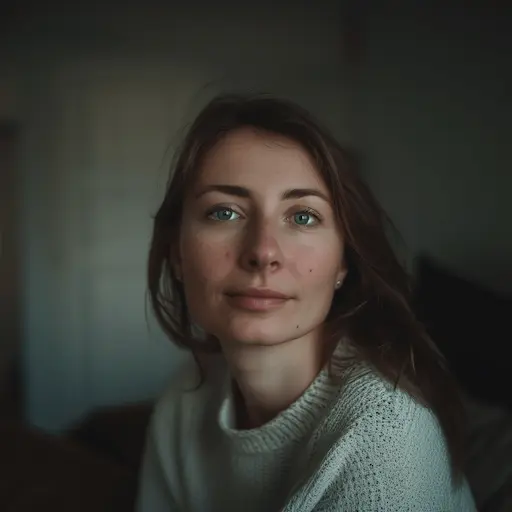
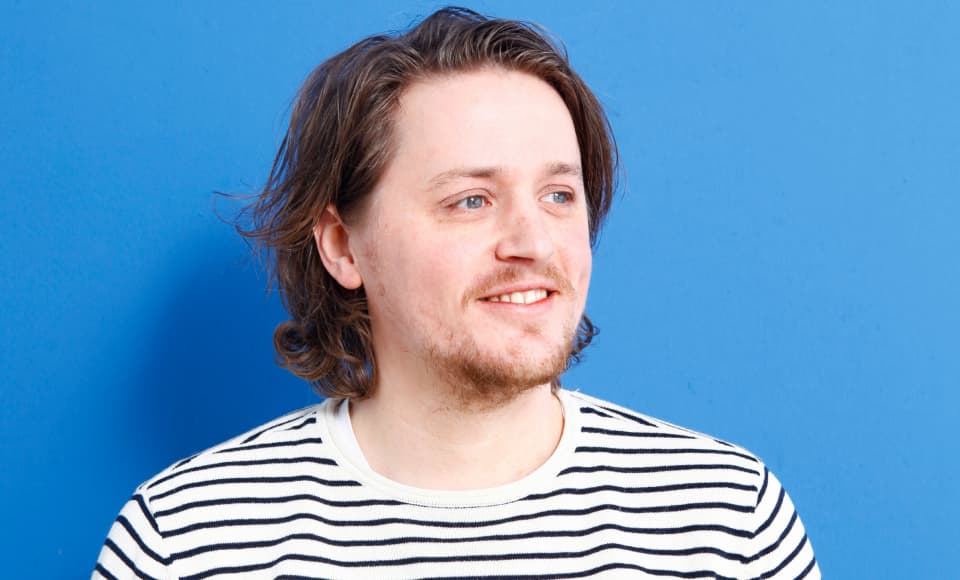
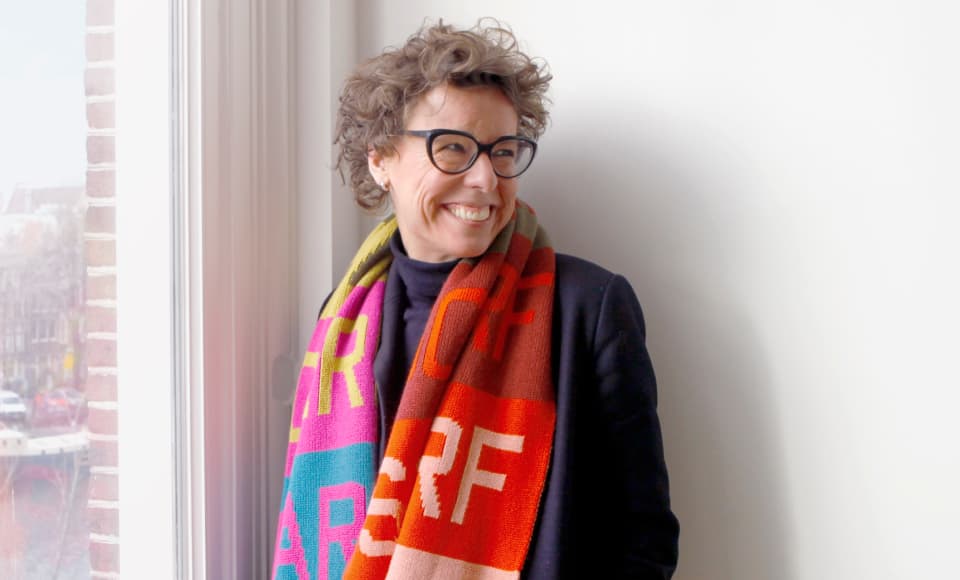
Walter Living is registered in The Netherlands with the address Walter Tech, B.V. Singel 542, 1017AZ, Amsterdam. Our Chamber of Commerce number is 73708585 and our tax ID is NL859636033B01.
Service
Would you rather contact us via WhatsApp? Send an app to +31 85 080 6860
